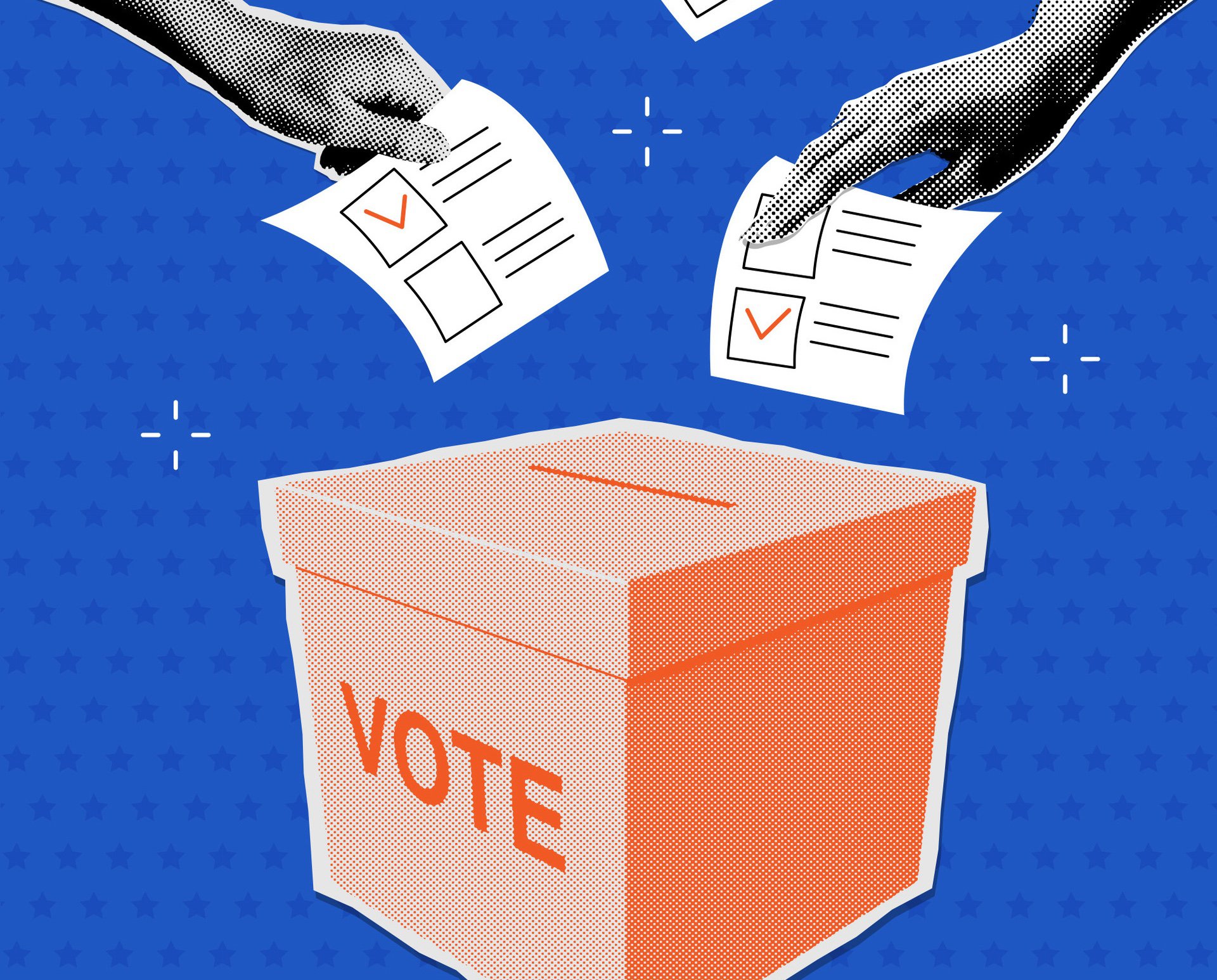November 5, 2024, might be the day the second United States woman presidential candidate from a major party wins the popular vote but loses the election. There have been five U.S. presidential elections where the candidate who won the popular vote did not become president. In each of these cases, the candidates who assumed office without the popular vote were wealthy, white men.
In the current race, as Texas congresswoman Jasmine Crockett reminded us, Vice President Kamala Harris has a resume while Donald Trump has a rap sheet. And, yet, due in part to the power of patriarchy, classism, and white supremacy, the election is a tight race, polls show.
Three of the five presidential elections in the United States which were ceded to the loser of the popular vote happened in the 1800s. Then, in 2000, the first year I was eligible to vote for president, Al Gore won the popular vote with 48.4 percent to Bush’s 47.9 percent. And yet, because of the electoral college, Bush won. And, of course, in 2016, Hillary Clinton, the first female presidential candidate of a major party ticket, took 48.2 percent of the popular vote compared to Trump’s 46.2 percent, and he was declared the winner.
Trump wreaked havoc during his term as president. He stacked the Supreme Court with conservative justices who went on to overturn Roe v. Wade and end affirmative action in college admissions. The court has also allowed unhoused people to be fined and jailed for sleeping outside, reduced the power of federal agencies to ensure food and drug safety and protect the environment, and granted presidents broad immunity from criminal prosecution.
This Is What Democracy Looks Like? Election Officials Across the Country Prepare for Threats with Panic Buttons, Bulletproof Glass | Trump's continued lies about the 2020 Election being stolen have violent consequences. READ: https://t.co/45dMvzwM72 pic.twitter.com/KgpxxCkjMO
— BucksCountyBeacon (@BucksCoBeacon) September 18, 2024
The stakes in this election are high in other ways. We have seen increased climate destabilization, floods, fires, heat waves, hurricanes, and other natural disasters. There is discussion of nuclear threat, prolonged humanitarian crises, denied access to health care for women, and gun deaths in children’s schools.
The electoral college is a racist relic that no longer serves any legitimate purpose. A system that undercuts the power of any person’s vote needs to change. We have options.
First, states can bypass the electoral college by signing onto the National Popular Vote Interstate Compact (NPVIC), which requires that participating states put all of their electoral college votes towards the candidate that takes the popular vote. To date, eighteen states have adopted the NPVIC; it needs sixty-one more electoral votes to go into effect.
READ: Election Experts Explain Why We Need Pre-Canvassing of Mail Ballots in Pennsylvania
Second, within the electoral college system, two states, Maine and Nebraska, forgo the winner-takes-all norm and tally their vote as a plurality. In these two states, the electoral college votes more accurately reflect the votes of the states’ residents.
Finally, in the long-term, we can eliminate the electoral college. In a nation which prides itself on freedom and democracy, we need to be able to vote directly for our national leader. We need to take our voting system and our vote seriously while our vote still counts.
I am convinced that Vice President Harris will win the popular vote. I am not convinced that that will be enough for her to take office as President. We do not need to wait until the election is over to push for change. In the short-term, we can contact our representatives to encourage state officials to endorse the NPVIC. In the long-run, we can work to eliminate the electoral college.
This column was produced for Progressive Perspectives, a project of The Progressive magazine, and distributed by Tribune News Service.
